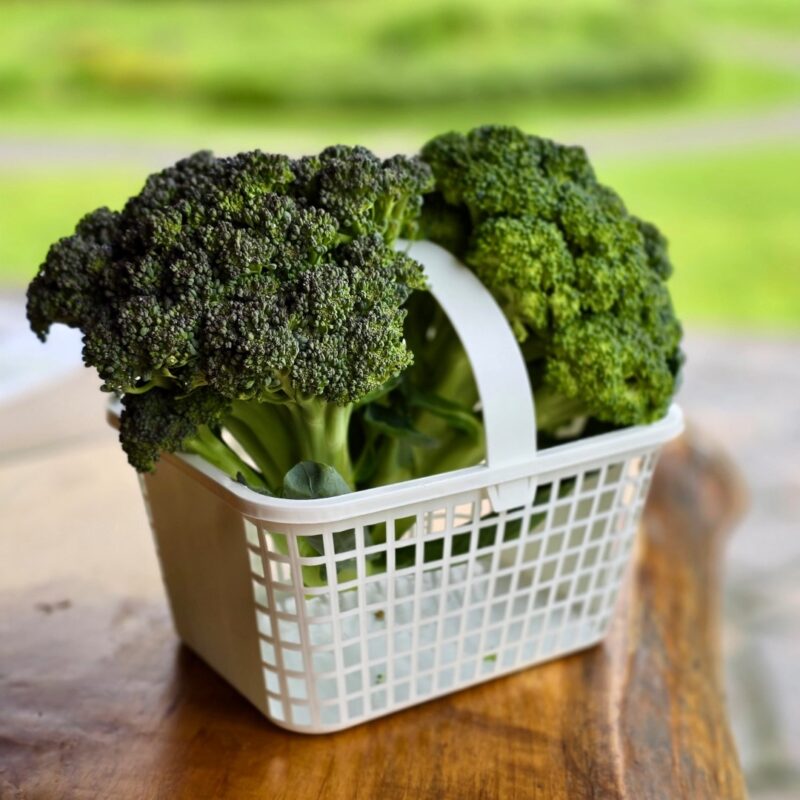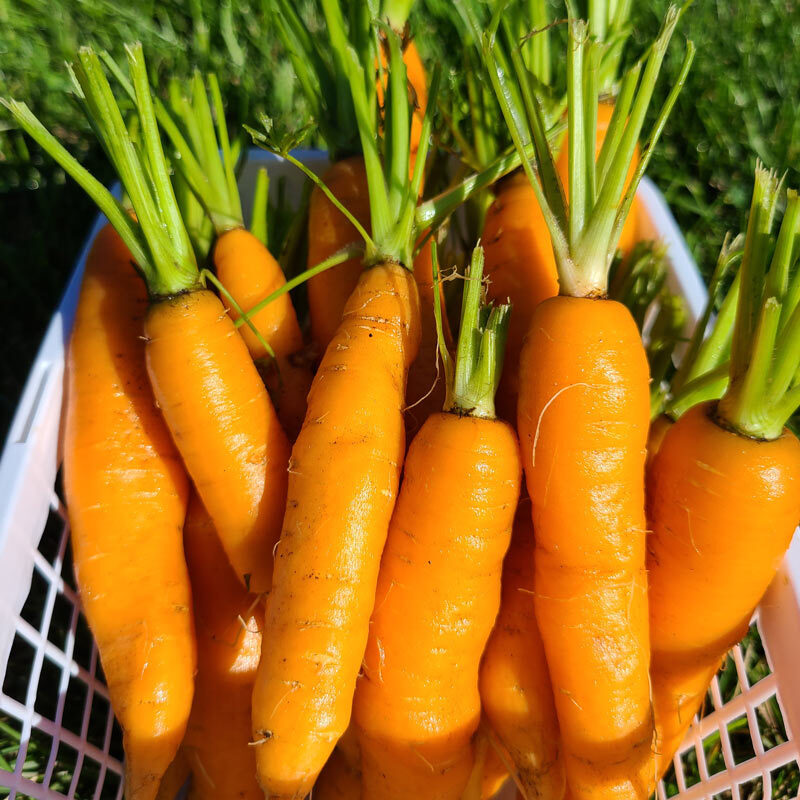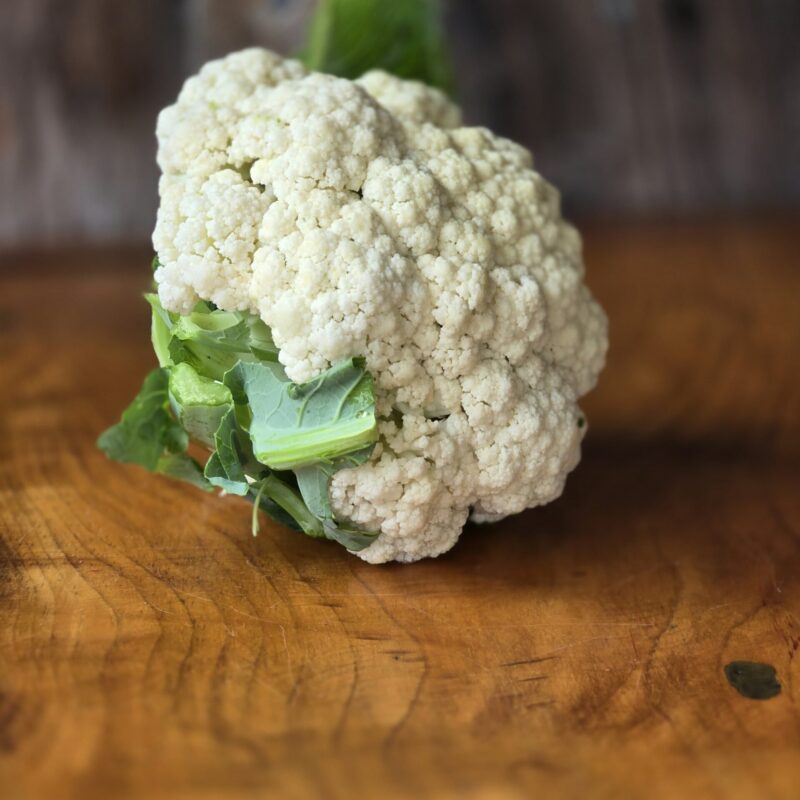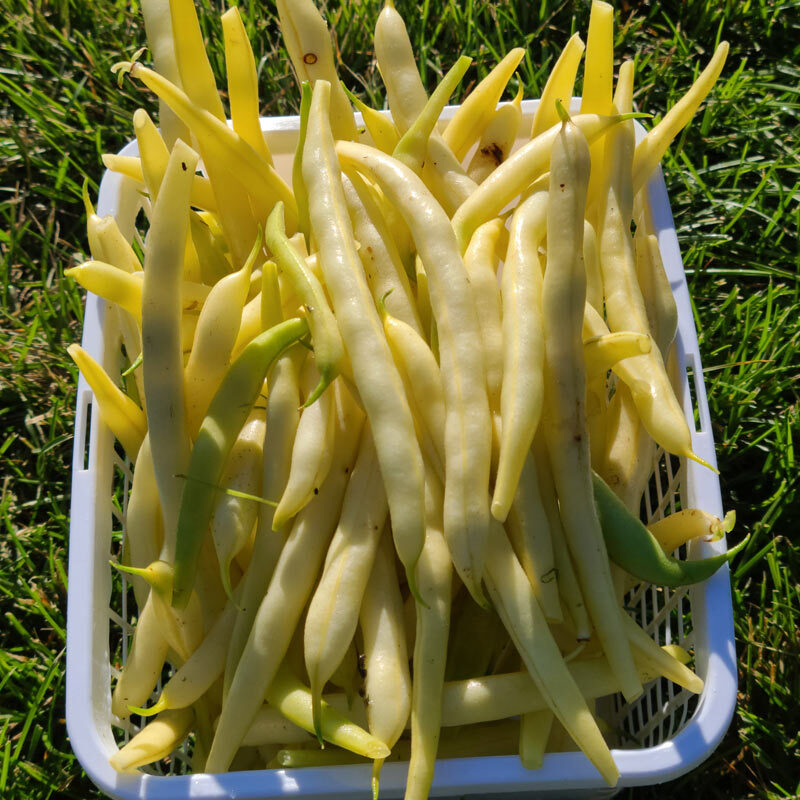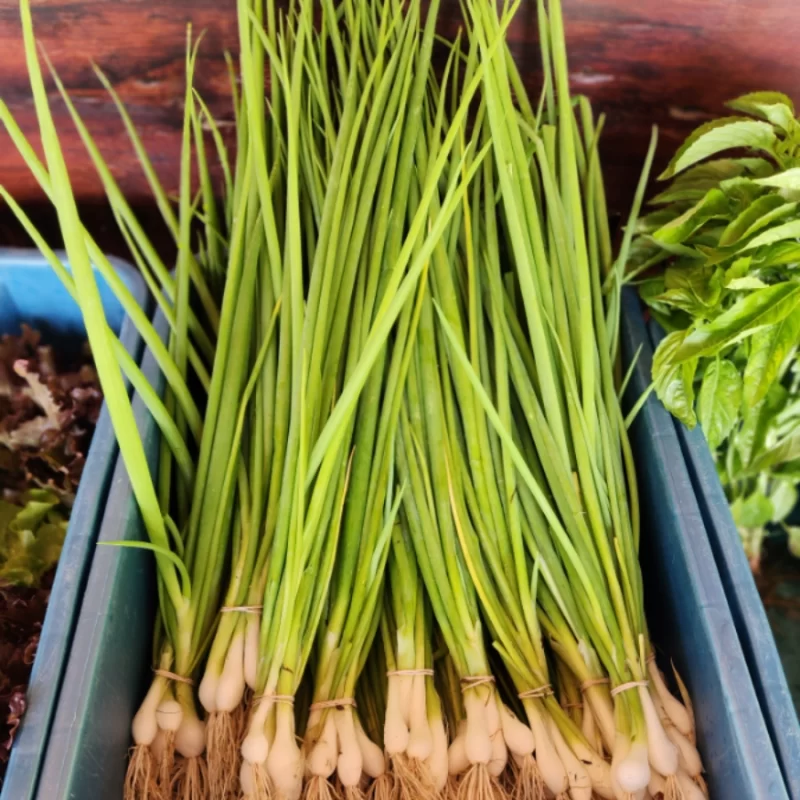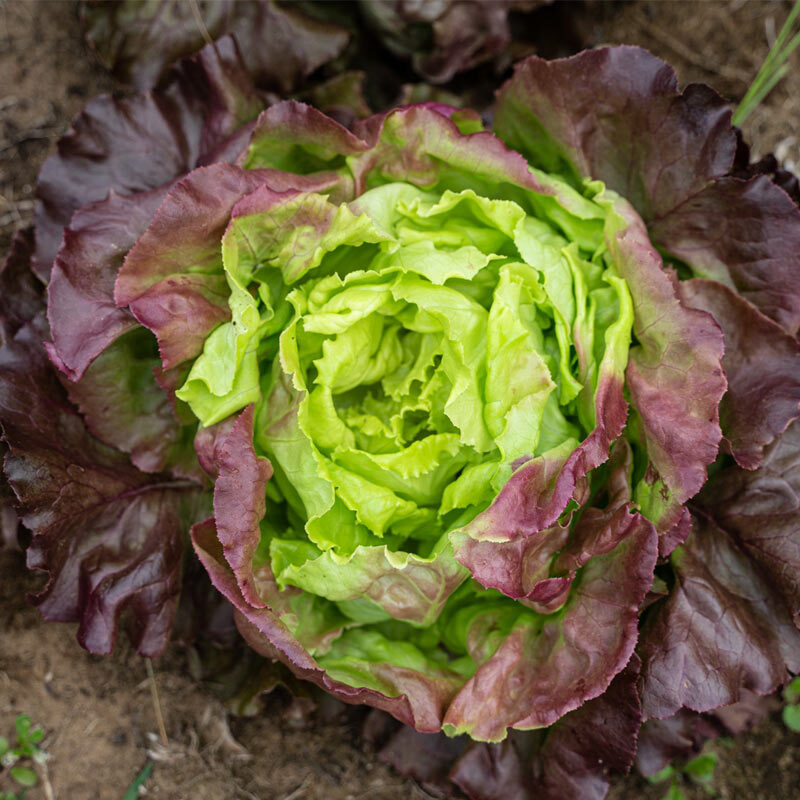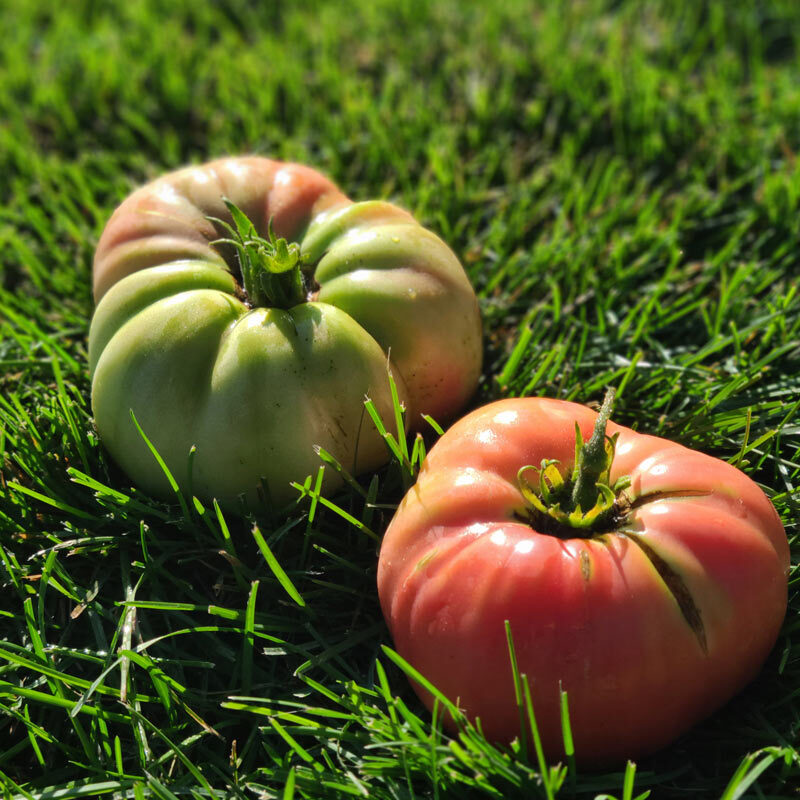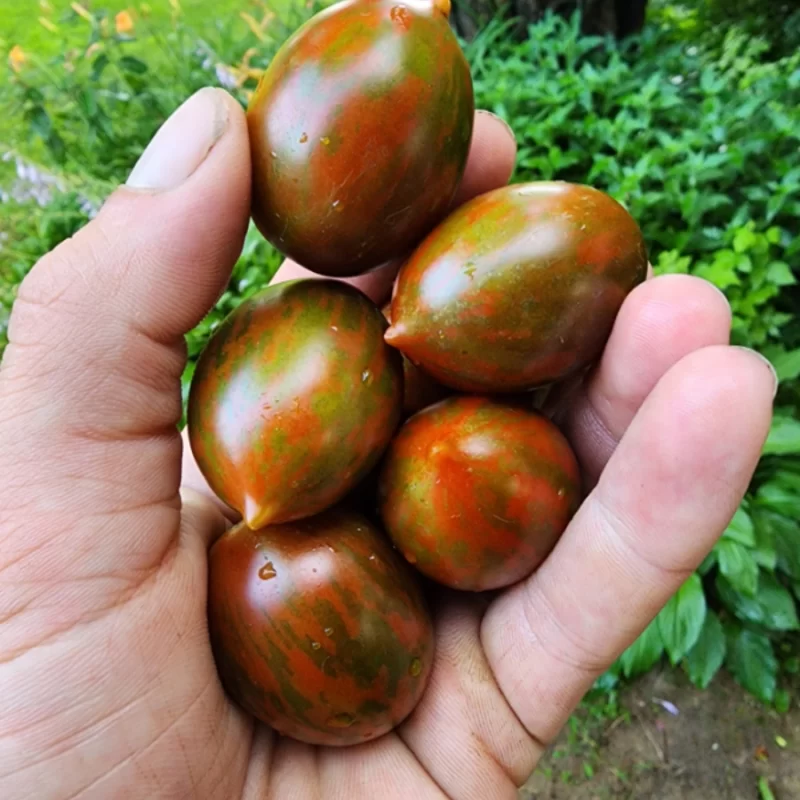Available Now!
Brooklands Farm Store
We are now closed for the season and will reopen in Spring 2026.
- Maple Syrup Season: Starts next May
- Strawberry Picking: Begins mid-June
Thank you for your continued support — we look forward to welcoming you back next year!
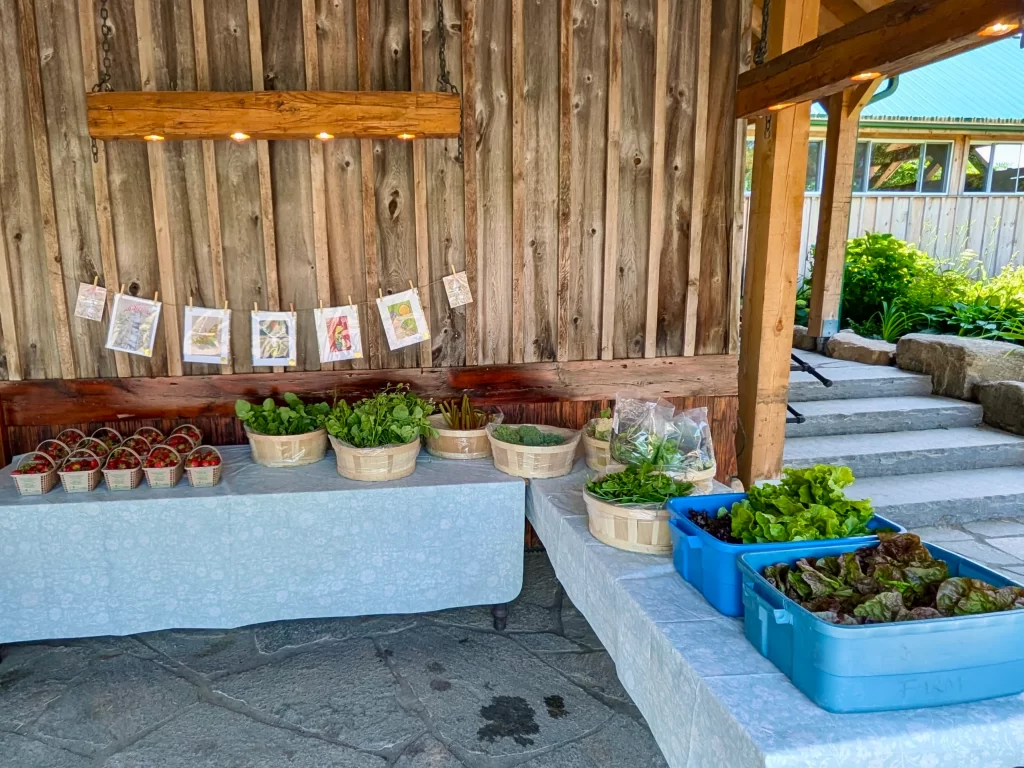
Produce coming later in the season!
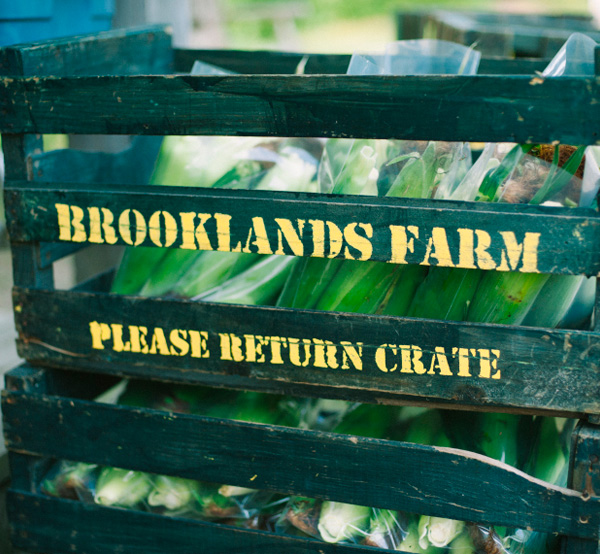
Sustainable Farming
Our farming practices focus on building and maintaining soil health to produce the most nutritious, healthy fresh vegetables and berries we can. Building healthy soils in the 40 acres of rolling fields, ranging from light sands to heavy clays, presents a real challenge! We use biological and sustainable farming practices to build soil health.
These practices include:
-
1
Crop rotation
Each field grows a different crop each year. A critical practice for sustainable production
-
2
Crop diversity
We grow many different vegetable and berry crops, and a vast number of different varieties within each type. This diversity not only gives our customers exciting new produce but also reduces pests and diseases.
-
3
Green manure and cover crops
As soon as the harvest is over, we plant a fast-growing crop like rye, clover, or oilseed radish that prevents erosion, holds nutrients in the crop biomass, suppresses weeds and diseases, and returns nutrients and organic matter to the soil. Cover crops are grown either over winter or for a full year before we cultivate the soil again.
-
4
Compost
We collect composted horse and cow manure from a neighbouring farm and generously apply it to the berry and vegetable fields each spring.
-
5
Start up fertilizer
As our Muskoka soils are inherently low in fertility, we may use limited amounts of environmentally–friendly (low salt content) fertilizers to promote a good stand establishment and a vigorous growth of the green manure crop.
-
6
Restricted pesticide use
We significantly reduce, or in many cases, eliminate the use of pesticides through the above practices. We practice Integrated Pest Management (IPM), which further reduces the use of pesticides. However, when needed, we chose products that have a less environmental impact. We ensure that there is absolutely no residue left on the harvested plants.
